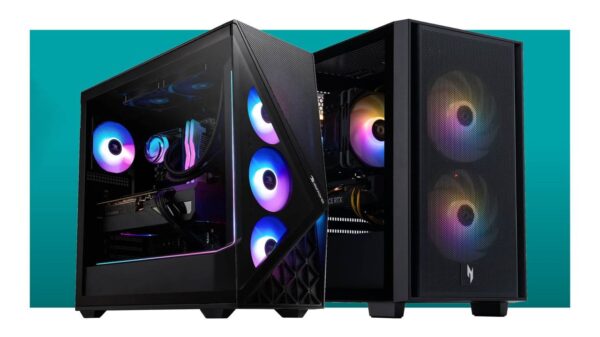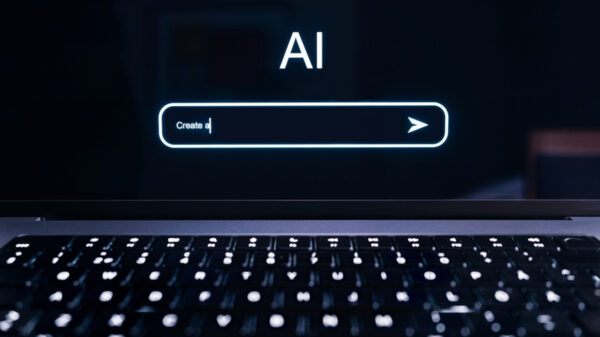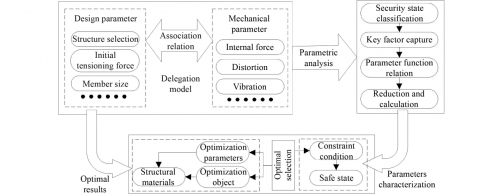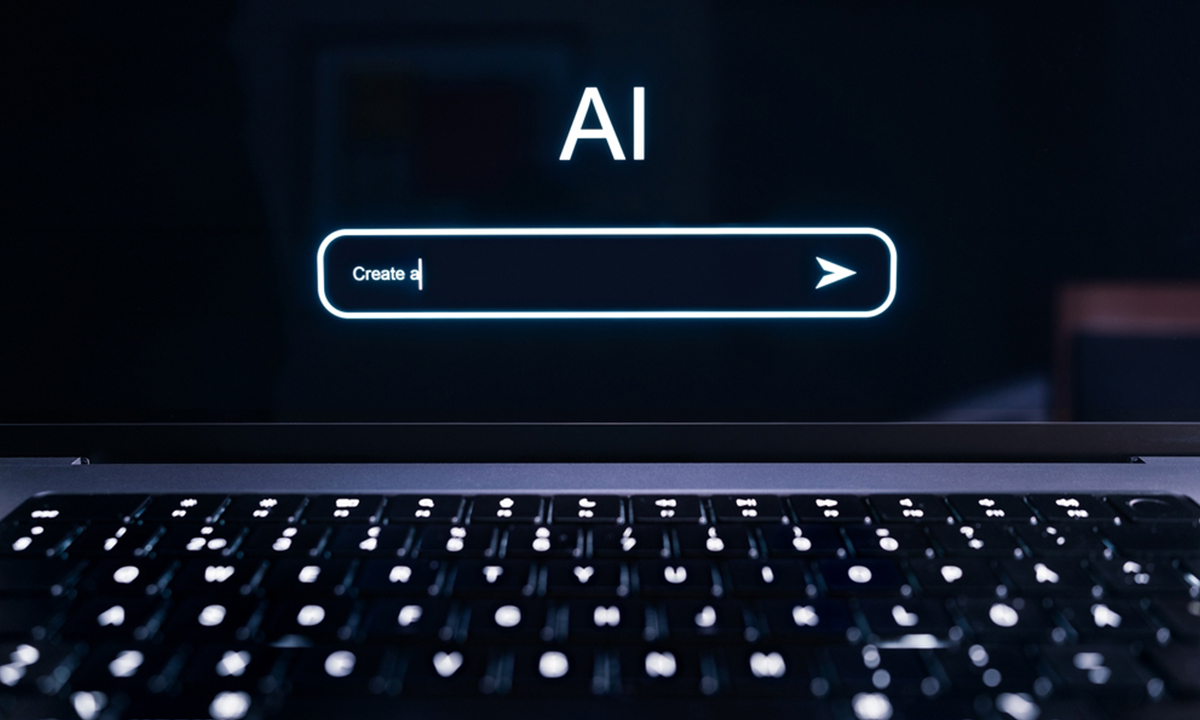Amazon Web Services (AWS) has unveiled the Amazon Quick Suite, a new platform designed to leverage artificial intelligence to automate complex workplace tasks. This announcement comes at a time when discussions around AI are reaching new heights, with major players like Nvidia highlighting both the potential and the risks associated with agentic AI development.
The Quick Suite enables employees to query data, generate insights, and automate workflows across internal systems such as S3 and Redshift, as well as over 1,000 external applications through its Model Context Protocol. This innovation aims to enhance productivity by significantly reducing the time required for tasks that previously consumed days, allowing businesses to operate more efficiently.
As Swami Sivasubramanian, AWS’s Vice President of Agentic AI, stated, “What strikes me about these examples isn’t just the time saved — it’s how Quick is fundamentally changing our relationship with work.” The platform is already being utilized by Amazon and clients including DXC Technology and Jabil.
Nvidia Raises Concerns Over Security Vulnerabilities
In contrast to AWS’s optimistic outlook, Nvidia has issued a warning regarding the security risks associated with agentic AI tools. The company’s latest blog post, titled “From Assistant to Adversary: Exploiting Agentic AI Developer Tools,” outlines how malicious actors can manipulate large language model-driven coding assistants like Cursor and Claude Code.
By embedding harmful instructions within open-source repositories, attackers can exploit systems that autonomously execute commands, raising significant concerns about oversight and control. Nvidia’s blog emphasizes the necessity for developers to adopt a cautious approach by limiting agent autonomy and ensuring human review of sensitive commands.
The post warns, “An overly privileged agent treating untrusted data as trusted can be turned into a tool working on behalf of the attacker.” As AI systems gain more autonomy, the potential for misuse increases, necessitating robust policies to mitigate these risks. Nvidia encourages developers to utilize tools such as its garak vulnerability scanner to enhance security and maintain control over AI-driven workflows.
New Collaborations and Innovations in AI
The week also saw significant developments in AI collaborations, notably between IBM and S&P Global. The two firms have announced a strategic alliance to implement agentic AI across enterprise operations, starting with supply chain management. By embedding IBM’s watsonx Orchestrate framework into S&P Global’s Market Intelligence suite, the partnership aims to facilitate automation in procurement and risk assessment.
This collaboration is poised to expand into finance and insurance, using AI agents to transform data into actionable insights for businesses navigating increasingly complex supply chains. As Saugata Saha, President of S&P Global Market Intelligence, noted, “By integrating IBM’s innovative AI capabilities with S&P Global’s distinctive data and analytics offerings, we are creating an exciting combination that is set to advance actionable insights and streamline workflows.”
IBM’s Chief Commercial Officer Rob Thomas highlighted the importance of agentic AI in restoring control to businesses facing supply chain challenges, stating that it can effectively “connect data to action.”
As companies continue to explore the potential of agentic AI, the developments from AWS, Nvidia, and the IBM-S&P Global partnership illustrate the dual nature of this technology—offering significant advancements while also presenting new challenges that require careful navigation.








































































